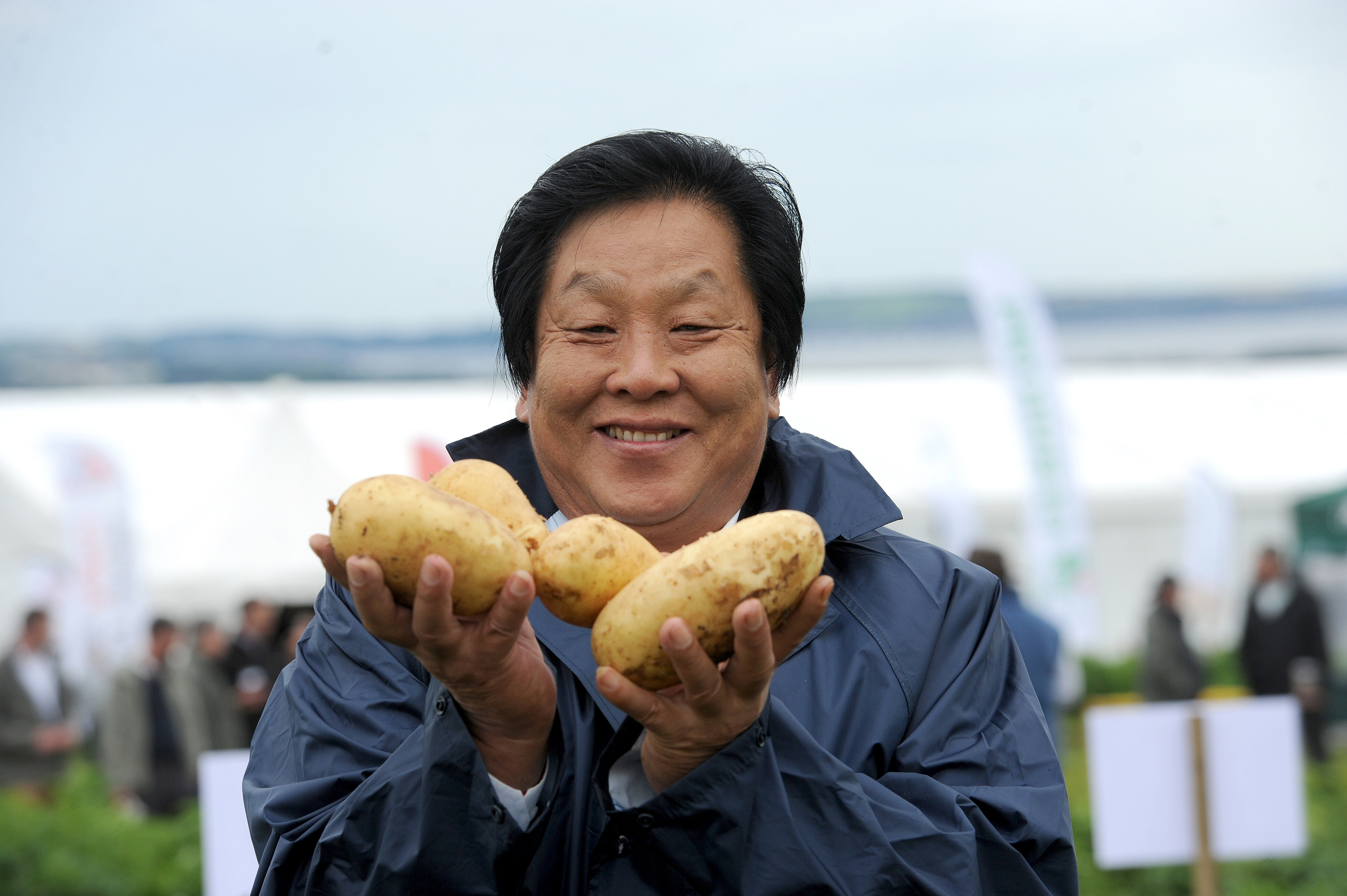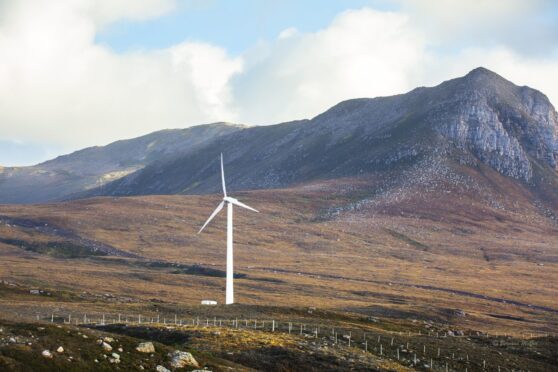China’s self-proclaimed King of Potatoes has flown to Scotland to meet top potato producers, processors, scientists and Government crop certification experts with a view to building commercial and scientific collaborations between the two countries.
Just two weeks after China elevated the humble spud to staple-food status, Mr Liang Xisen and his general manager Dr Hu toured potato fields in Angus, met senior scientists at the James Hutton Institute (JHI) and attended the industry’s flagship Potatoes in Practice event on the outskirts of Dundee.
Through an interpreter, Mr Liang said a memorandum of understanding was already in place between JHI’s commercial arm, James Hutton Ltd (JHL), and his company, Xisen Potato Industry Group which is based in Shandong province. JHI is conducting Scottish potato variety trials for the company and if they are successful, other Scottish varieties are expected to be sent to China.
China is the biggest potato growing country in the world and Mr Liang’s company dominates production, growing 25% of the 100-million-tonne market on 100,000 hectares in Inner Mongolia. By comparison Scotland’s total potato production is around 1.5 million tonnes.
JHL commercial director Jonathan Snape said one of the purposes of the week was to show the visitors the quality of Scottish potato production. The delegation has also toured Scottish supermarkets to see the wide choice of varieties which isn’t available to consumers in China.
Mr Snape said: “After seeing what’s available they can now think about how they can use varieties from us. In China potatoes are used as vegetables but also to make bread, steam dumplings, noodles, cakes and in beverages.”
JHI Professor Ian Toth said the Institute was keen to develop collaboration with Chinese scientists for the benefit of British farmers as well as emerging Chinese producers.
“The elevation of the potato to staple food status alongside rice, wheat and corn is hugely important because it means China is ploughing enormous scientific resources into a product that is being lined up to feed future populations,” he said.
“Potatoes in China now get a whole different level of Government support. All the effort is going into them rather than rice because potatoes are less water-intensive than rice. If we in Scotland can start to work more with the Chinese it gives us a real opportunity to be at the centre of something that’s going to make a massive difference in feeding the world.
“Their facilities are incredible, the quality of their labs and the amount of money they can put into staff and research. The Chinese can share our expertise and knowledge of potato production which is second to none but we can also use their knowledge and the size and power they can put into it.”
Prof Toth added that scientific collaboration could make inroads to problems which have plagued British potato growing for decades.
“Late blight is the big thing here and in China, but there’s also nematodes, bacterial diseases like Blackleg and fungal problems like Storage Rot and insect control,” he said.
“We have a lot in common”










